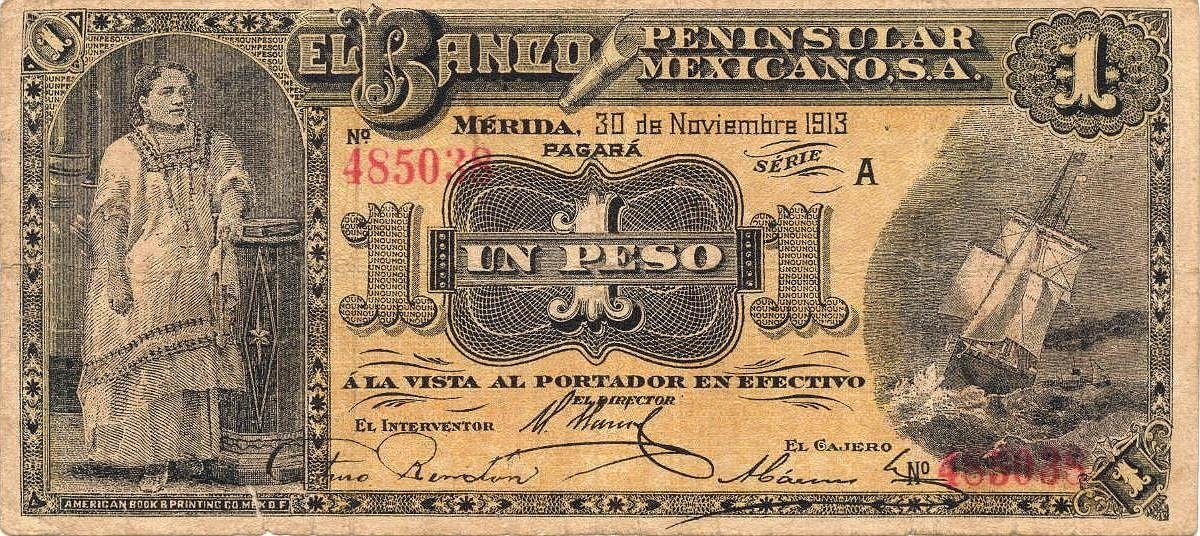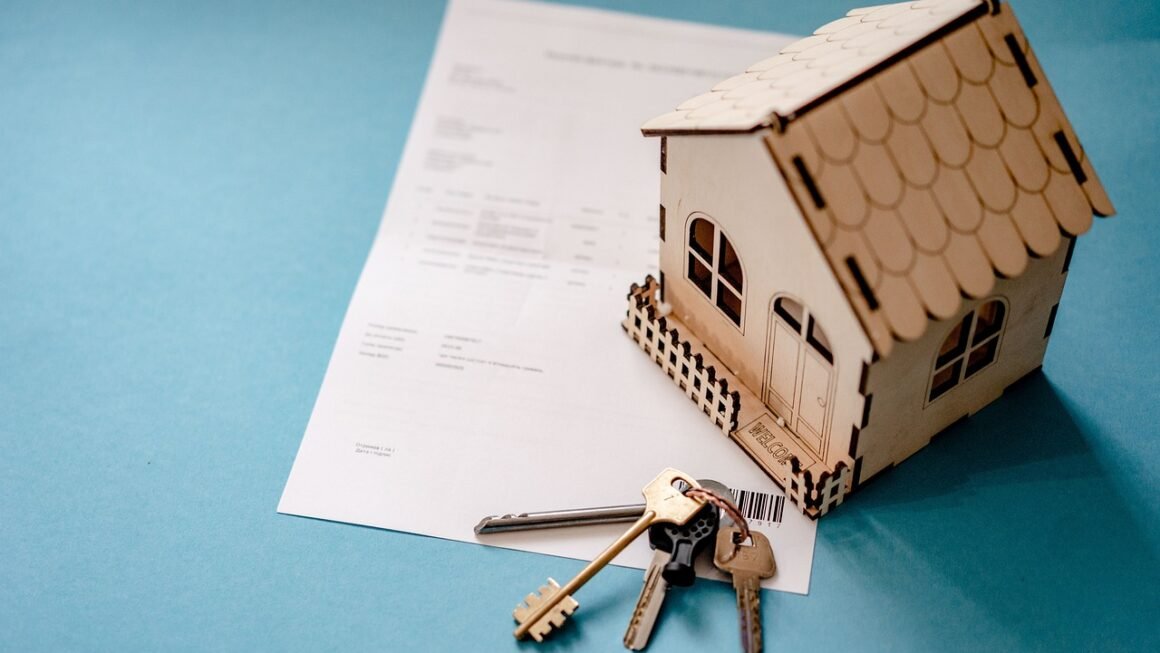Calculating your net worth is a crucial step in understanding your financial health and planning for the future. It’s a snapshot of your assets minus your liabilities, providing a clear picture of what you truly own. Whether you’re just starting your career or nearing retirement, understanding and tracking your net worth is essential for achieving your financial goals. This guide will walk you through everything you need to know to calculate, understand, and improve your net worth.
What is Net Worth?
Definition and Importance
Net worth represents the difference between what you own (assets) and what you owe (liabilities). It’s a fundamental indicator of financial stability and serves as a benchmark for progress towards financial independence. Understanding your net worth helps you:
- Track your financial progress over time.
- Identify areas where you can improve your financial health.
- Set realistic financial goals.
- Make informed decisions about investments, spending, and saving.
- Assess your readiness for retirement.
Net Worth vs. Income
It’s important to distinguish between net worth and income. Income is the money you receive regularly, such as from a salary, wages, or investments. Net worth, on the other hand, is a cumulative measure of your financial standing at a specific point in time. While income contributes to building net worth, it’s not the same thing. High income doesn’t necessarily mean high net worth, as spending habits can significantly impact the accumulation of wealth.
- Income: Money earned regularly.
- Net Worth: A snapshot of assets minus liabilities.
- Example: Someone earning a high salary but carrying significant debt may have a lower net worth than someone with a modest income and minimal debt.
How to Calculate Your Net Worth
Step-by-Step Guide
Calculating your net worth is a straightforward process:
The formula is: Net Worth = Total Assets – Total Liabilities
Identifying Your Assets
Assets are anything you own that has value. Common assets include:
- Cash: Checking accounts, savings accounts, money market accounts.
- Investments: Stocks, bonds, mutual funds, ETFs, retirement accounts (401(k), IRA), brokerage accounts, real estate investments, cryptocurrencies.
- Real Estate: Primary residence, rental properties.
- Personal Property: Vehicles, jewelry, collectibles, furniture. Note: It’s usually best to value these conservatively, focusing on what you could reasonably sell them for.
- Business Interests: If you own a business, its estimated value.
- Example: Sarah has $10,000 in her checking account, $50,000 in her 401(k), owns a house worth $300,000, and a car worth $15,000. Her total assets are $375,000.
Identifying Your Liabilities
Liabilities are debts and obligations you owe to others. Common liabilities include:
- Mortgage: Outstanding balance on your home loan.
- Student Loans: Unpaid student loan balance.
- Credit Card Debt: Outstanding balance on your credit cards.
- Auto Loans: Outstanding balance on your car loan.
- Personal Loans: Unpaid balance on any personal loans.
- Medical Debt: Outstanding medical bills.
- Example: Sarah has a mortgage balance of $200,000, student loans of $20,000, and credit card debt of $5,000. Her total liabilities are $225,000.
Calculating Net Worth: An Example
Using Sarah’s information:
- Total Assets: $375,000
- Total Liabilities: $225,000
- Net Worth: $375,000 – $225,000 = $150,000
Sarah’s net worth is $150,000.
Understanding Your Net Worth
What is a Good Net Worth?
There’s no single “good” net worth, as it varies based on age, income, location, and lifestyle. However, general benchmarks exist:
- Rule of Thumb: A common guideline suggests that by age 30, you should have a net worth equal to at least half your annual salary. By age 40, it should be roughly three times your annual salary, and so on.
- Peer Comparison: Comparing your net worth to others in your age group or income bracket can provide context. Many online calculators and resources can help with this.
Keep in mind that these are just guidelines. Personal circumstances play a significant role.
Factors Affecting Net Worth
Several factors influence your net worth:
- Income: Higher income generally leads to greater savings and investment opportunities.
- Spending Habits: Prudent spending habits and budgeting can help minimize debt and maximize savings.
- Debt Management: High debt levels can significantly impact net worth.
- Investment Choices: Wise investment decisions can lead to asset appreciation and wealth accumulation.
- Economic Conditions: Market fluctuations can impact the value of investments and real estate.
- Age: Generally, net worth increases with age as you accumulate assets and pay down debts.
Negative Net Worth
A negative net worth means your liabilities exceed your assets. While this might seem discouraging, it’s not uncommon, especially for young adults with student loans or those who recently purchased a home. The key is to:
- Acknowledge the situation.
- Create a plan to reduce debt.
- Focus on building assets over time.
- Seek professional financial advice if needed.
Improving Your Net Worth
Strategies for Increasing Assets
- Increase Income: Explore opportunities for raises, promotions, side hustles, or starting a business.
- Invest Wisely: Diversify your investments to mitigate risk and maximize returns. Consider consulting with a financial advisor.
- Save Aggressively: Create a budget and track your spending to identify areas where you can save more. Automate your savings to make it consistent.
- Real Estate Investments: Carefully evaluate real estate opportunities and consider investing in rental properties or flipping homes.
Strategies for Reducing Liabilities
- Debt Consolidation: Consider consolidating high-interest debt into a lower-interest loan.
- Debt Snowball/Avalanche: Use the debt snowball or avalanche method to pay off debts strategically.
- Negotiate Interest Rates: Contact your creditors and negotiate lower interest rates on your loans and credit cards.
- Avoid Unnecessary Debt: Be mindful of your spending and avoid taking on new debt unless absolutely necessary.
Budgeting and Financial Planning
- Create a Budget: A budget helps you track income and expenses, identify areas where you can save, and allocate funds towards debt reduction and investments.
- Set Financial Goals: Define your financial goals (e.g., buying a home, retiring early) and create a plan to achieve them.
- Track Your Progress: Regularly monitor your net worth and adjust your financial plan as needed.
- Seek Professional Advice: Consider working with a financial advisor to develop a personalized financial plan and investment strategy.
Actionable Tips for Building Wealth
- Start Early: The earlier you start saving and investing, the more time your money has to grow through compounding.
- Pay Yourself First: Automate your savings by setting aside a portion of your income each month before paying bills.
- Live Below Your Means: Spend less than you earn to create a surplus that you can use for saving and investing.
- Continuously Educate Yourself: Stay informed about personal finance, investment strategies, and economic trends.
- Reinvest Dividends and Capital Gains: Maximize growth by reinvesting any dividends and capital gains you earn.
Conclusion
Understanding and tracking your net worth is essential for taking control of your financial future. By calculating your assets and liabilities, you gain a clear picture of your financial standing and can identify areas for improvement. Implementing strategies to increase assets, reduce liabilities, and create a solid financial plan can help you build wealth and achieve your financial goals. Regularly monitoring your progress and seeking professional advice when needed will ensure you stay on track towards a secure and prosperous future.



